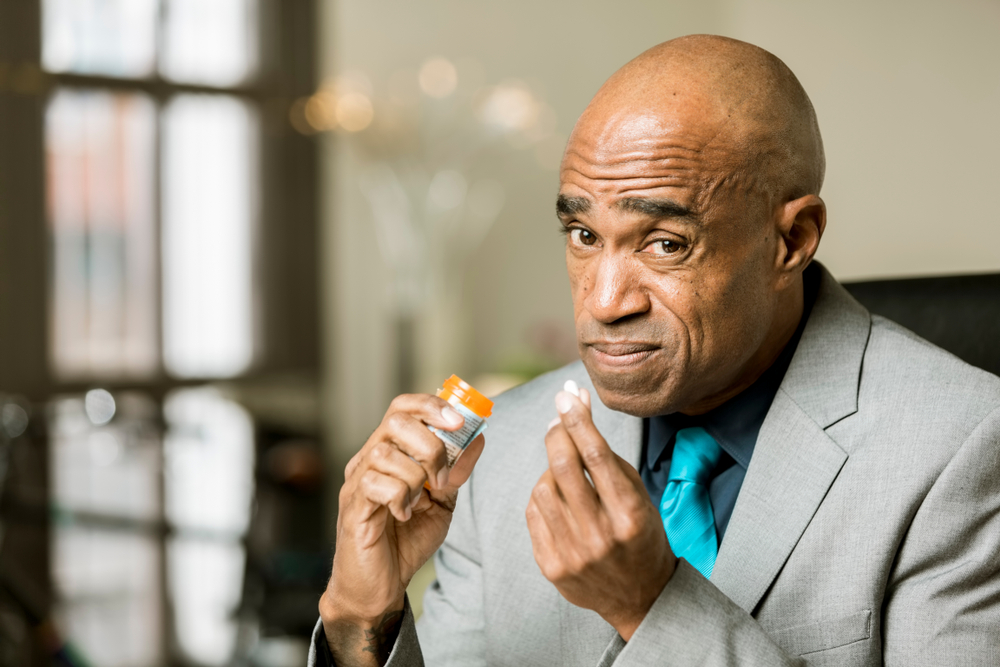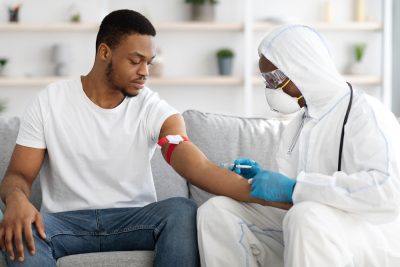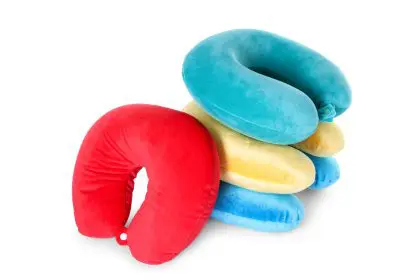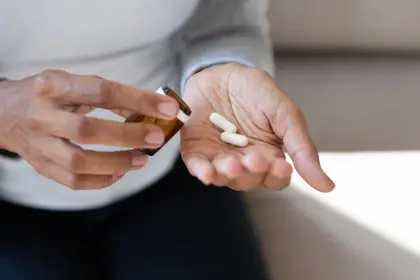Opioids are powerful painkillers often prescribed after surgery to help patients manage pain. While they can be highly effective, they also carry a significant risk of addiction. It’s crucial to monitor your use and be aware of the signs of dependency. Here are five essential questions to ask yourself if you suspect you’re getting addicted to opioids after surgery.
1. Am I using opioids for pain relief or emotional relief?
The primary purpose of opioids is to manage physical pain. However, they can also produce feelings of euphoria, which may lead some individuals to use them for emotional relief. If you find yourself taking opioids to cope with stress, anxiety, or depression rather than for physical pain, this is a red flag. Emotional dependence can quickly lead to addiction, making it essential to distinguish between using opioids for legitimate pain relief and using them to alter your mood.
2. Do I need higher doses to achieve the same effect?
Tolerance is a common issue with opioid use. Over time, your body may require higher doses to achieve the same level of pain relief. If you notice that your current dose is no longer effective and you’re taking more than prescribed to manage your pain, this could indicate developing a dependence. It’s important to communicate with your healthcare provider about any changes in your pain levels or the effectiveness of your medication.
3. Am I preoccupied with getting more opioids?
One of the hallmarks of addiction is an intense preoccupation with obtaining and using the substance. If you find yourself constantly thinking about your next dose, worrying about running out of medication or seeking prescriptions from multiple doctors, these are serious signs of addiction. This preoccupation can interfere with your daily life and responsibilities, highlighting the need for immediate intervention.
4. Have I tried to cut down or stop using opioids without success?
Attempting to reduce or stop opioid use and experiencing withdrawal symptoms or an inability to quit are strong indicators of addiction. Withdrawal symptoms can include nausea, sweating, anxiety, and irritability. If you’ve tried to cut back or stop using opioids but found it too difficult due to these symptoms, it’s crucial to seek professional help. Withdrawal can be dangerous, and medical supervision can provide a safer and more effective way to manage it.
5. Are my opioid use patterns causing problems in my life?
Addiction often leads to negative consequences in various aspects of life, including relationships, work, and personal health. If your opioid use is causing conflicts with loved ones, affecting your job performance, or leading to neglect of your health and responsibilities, these are clear signs that your use is problematic. Addressing these issues early can prevent further harm and help you regain control over your life.
Recognizing the signs and taking action
Recognizing the signs of opioid addiction is the first step toward recovery. If you answered “yes” to any of these questions, it’s important to take action. Here are some steps you can take:
1. Seek professional help
Consulting with a healthcare provider is crucial. They can assess your situation, provide guidance, and refer you to specialists. Treatments for opioid addiction include medication-assisted therapy, counseling, and support groups.
2. Develop a pain management plan
Work with your healthcare provider to develop a comprehensive pain management plan that includes non-opioid alternatives. Physical therapy, acupuncture, and other non-pharmacological treatments can effectively manage pain without the risk of addiction.
3. Build a support system
Recovery from addiction is challenging, but having a solid support system can make a significant difference. Reach out to family, friends, or support groups who can provide encouragement and understanding during your journey.
4. Educate yourself and others
Understanding the risks and signs of opioid addiction can empower you to make informed decisions about your health. Educate yourself about addiction and share this knowledge with others who may be at risk.
5. Practice self-care
Taking care of your physical and mental health is essential during recovery. Regular exercise, a balanced diet, adequate sleep, and stress-reducing activities can support your overall well-being and reduce the risk of relapse.
Conclusion: Taking control of your health
Opioid addiction after surgery is a serious concern that requires prompt attention and action. By asking yourself these crucial questions and seeking appropriate help, you can take control of your health and prevent the devastating consequences of addiction. Remember, recognizing the problem is the first step towards recovery, and with the right support and resources, you can overcome addiction and reclaim your life.
In summary, it’s vital to be vigilant about your opioid use after surgery. Monitoring your usage, seeking professional help, and building a strong support system are key to preventing and addressing addiction. By taking proactive steps and making informed decisions, you can manage your pain effectively while safeguarding your health and well-being.
This story was created using AI technology.













